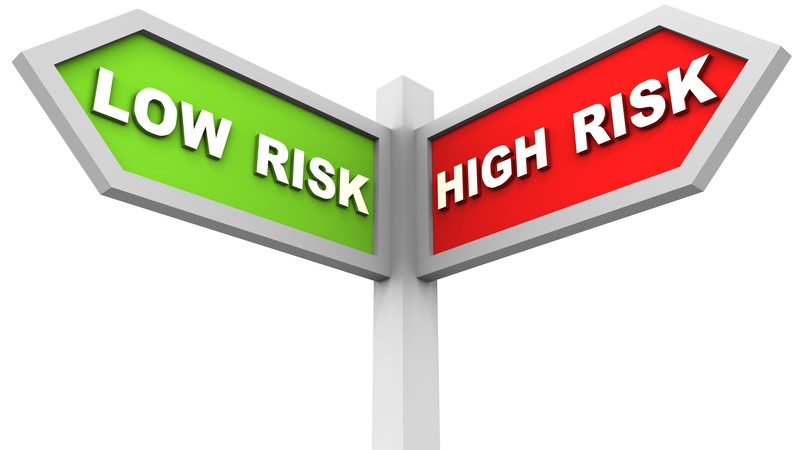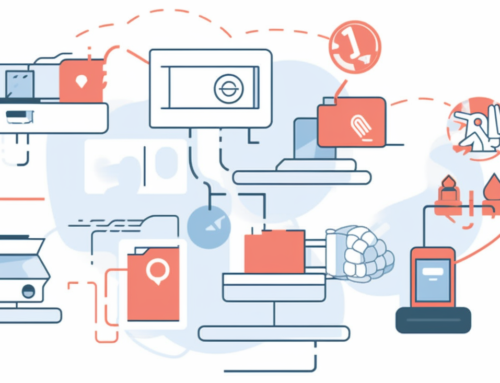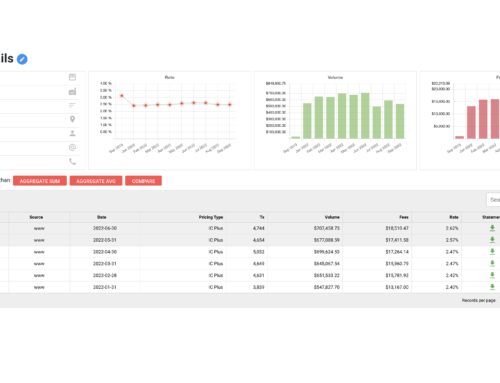The term “high-risk” is very broad and confusing to business owners who don’t understand this technical language. In simple terms, banks will consider businesses and or business owners a high-risk if they’re concerned about their return on investment.
To determine if your industry is a high risk to banks, we need to first explain why you: the individual – can be considered a risk to the bank.
How business owners can be seen as a high-risk merchant?
Banks are hesitant to lend money to a merchant if the loan may not be repaid. There are business owners who are seen by banks as a jeopardy due to a poor credit score. Also, if you’re a business owner requesting a loan with little to no capital: you will be seen as a high-risk. If you don’t have collateral, there’s nothing that the bank can take if you don’t pay the loan.
Which industries do banks consider high-risk?
Some businesses have a lower rate for potential success and are deemed as high-risk ventures. It doesn’t matter if your credit score is excellent if your business is part of a risky industry. There are several reasons why an industry is considered a high risk to banks as opposed to a low risk investment.
- Changes in legislation: Industries related to alcohol and firearms are considered extremely high-risk due to its precarious relationship with the law. Regulations for these industries are constantly changing and as a result, can lead to higher business costs and lower profits.
- Inconsistent revenue: Businesses like restaurants are known for their highs and lows. The seasonal aspect of these industries leads to varying revenues which makes it hard to plan business costs. Profits for these industries are unpredictable and banks are often wary to give loans for these types of enterprises.
- A lot of competitors: The market is overpopulated with the same types of businesses. Places like nail salons, pizza places, and gyms seem to be on every corner – meaning more competition. In order for these businesses to succeed, they have to provide a better alternative than the others like lower prices or more amenities. Banks are hesitant to give loans to business if there’s several competitors in close proximity due to lower profits and potential failures.
- Easily replaceable: Technology is constantly changing and many industries have turned digital while making others obsolete. No lender wants to make an investment in a venture that may disappear in a couple of years.
Just because an industry may be considered a high-risk, it doesn’t mean the bank will not offer you the loan. The lender may offer you a loan but be conscious that they may charge a higher interest rate as a security measure. Also, they may extend your loan repayment terms.
Here is a list of popular industries that typically most lenders view as a high-risk investment:
- Accounting
- Agriculture
- Alcohol
- Construction
- Financial services
- Food
- Insurance
- Media
- Oil
- Real estate
- Retail
- Transportation
- Travel agencies
- Wholesaling





